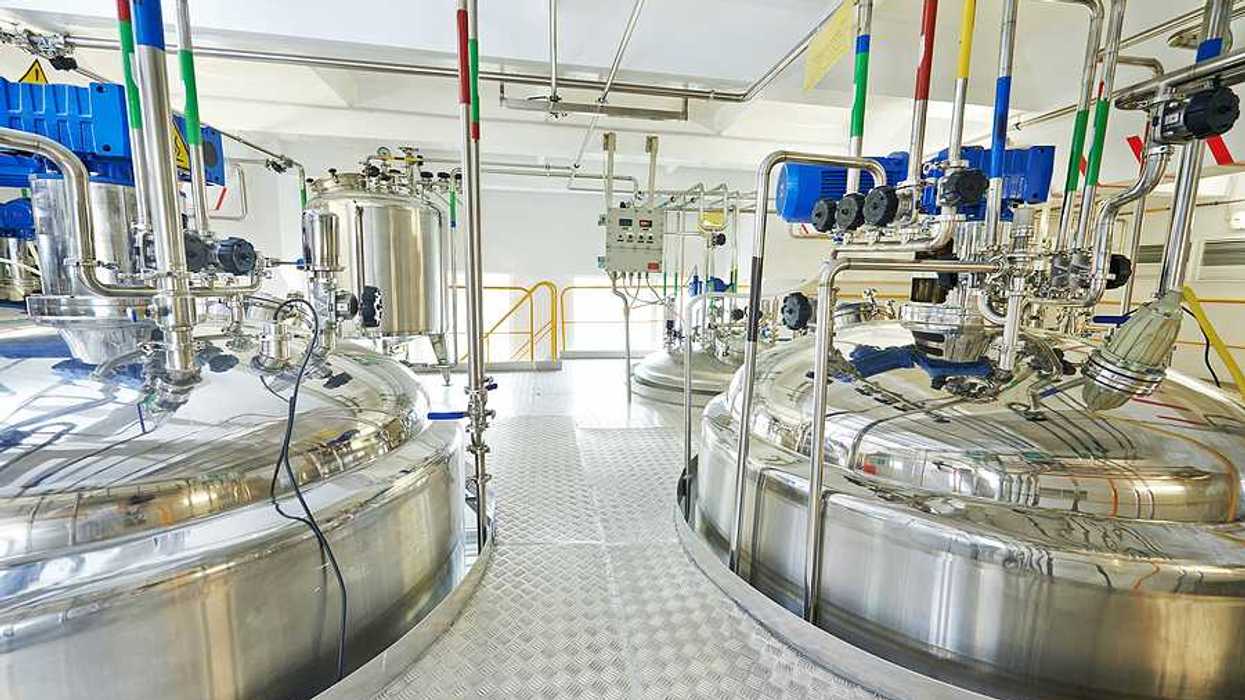Plans to build a chemical recycling facility in Newaygo, Michigan, have raised environmental and regulatory questions about its impact on the community.
Anne McNeil, Aleksandr V. Zhukhovitskiy, and Yutan Getzler write for The Conversation.
In short:
- The Newaygo facility will convert plastic waste into fuels through pyrolysis, which emits greenhouse gases and pollutants.
- Michigan law classifies chemical recycling as manufacturing, allowing the plant to bypass stricter pollution controls.
- Experts argue that turning plastics into fuel worsens climate change and fails to qualify as true recycling.
Why this matters:
Burning plastic-derived fuels exacerbates air pollution and climate change. Labeling such processes as recycling may mislead the public while undermining efforts to promote sustainable waste management solutions.
Learn more: Chemical recycling grows — along with concerns about its environmental impacts














